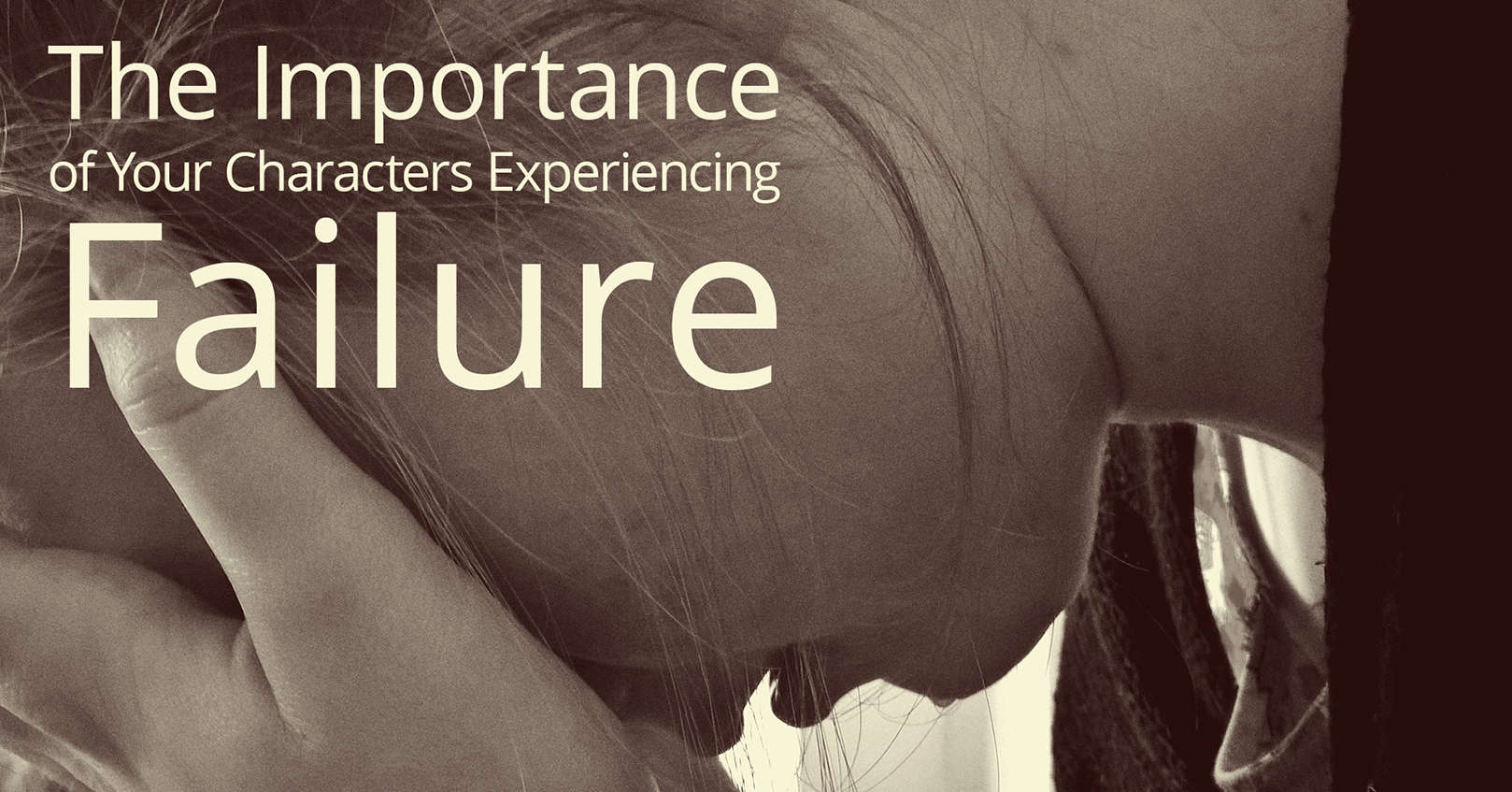
Too many new authors want to give their characters everything—beauty, ability, intelligence, wealth, friends, family, an excellent job—and the list could go on. But characters with everything can easily overcome any issue without failing, which makes for an extremely boring book. This means that to create believable and relatable characters, they must have flaws and they must experience failure.
Why Is Failure Necessary?
- It makes the characters more believable—no one is perfect. Avoid the temptation to give your character everything. They must work for it.
- It gives your characters complexity and forces you as a writer to delve into the character rather than only touching on the surface and creating a flat character.
- It visually shows the characters’ flaws and weaknesses, and makes those flaws and weaknesses real.
- It allows your characters to learn and grow from their mistakes.
- The characters’ reactions to failure helps the reader better understand and sympathize with the characters.
- It maintains tension in the plot while raising the stakes.
- It makes successes and victories much sweeter.
Failing in the Right Way
The wrong kind of failure can ruin a story, though. When using failure, here are some important tips.
- Don’t let the story get too depressing or hopeless. (Beta readers can help with this, but offering a bit of hope to offset the failure can help. Additionally, there should be some successes mixed in—a character who repeatably fails and never succeeds is going to turn away most readers.)
- Don’t make it impossible for the plot to advance. (They need to succeed somewhere at least, or have an alternate plan; otherwise, nothing happens, and the reader gets bored.)
- Avoid creating unbelievable failure. (Your character should act rationally, unless they have a really good reason not to do so.)
How have you successfully used failure in one of your books? We’d love to hear in the comments below!
















I really like this article. A piece of advice from a best-selling author from a friend is to give the hero flaws and the villain a reason.
Nice! I love that. Thx for sharing.
Hi Catia,
That was a great little article! It was short and to the point with relevant examples. This is a topic that is definitely something to keep in mind -– and unfortunately sometimes easy to lose sight of. Thank you for the reminder, and the insight.